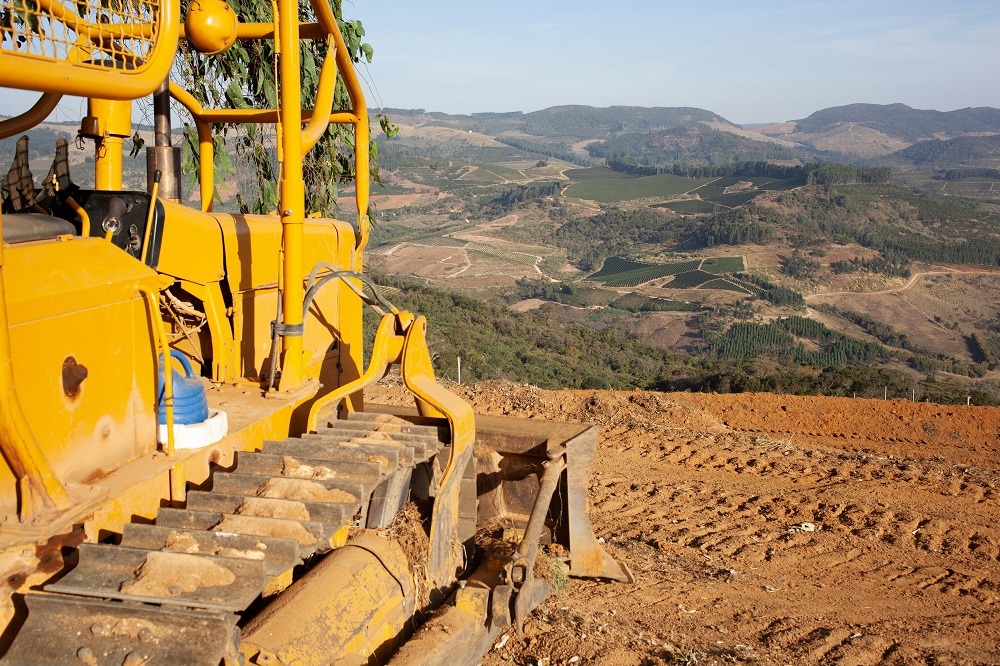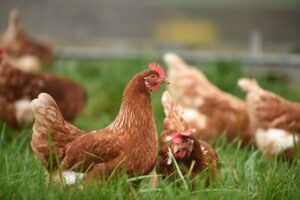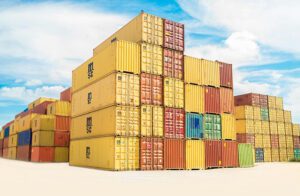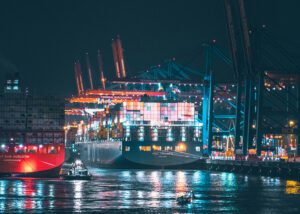As Brazil prepares to host G20 in 2024 and COP30 in 2025, President Luiz Inácio Lula da Silva is placing food security under the spotlight for the country’s international agenda.
Focusing on agriculture, Brazil will be working with China and India to take a leading position in the Global South.
According to a report by the Atlantic Council, Brazil is currently the second-largest exporter of agricultural goods worldwide, leading with soy, meat, coffee and sugar exports.
China Oil and Foodstuffs Corporation (COFCO), a state owned company, is helping Brazil reach its goals of increased capacity and reduced logistical costs by investing over $2.3 billion.
“A key investment is at the Port of Santos, where a terminal expansion will take the company’s own capacity from 3 million to 14 million tons. Further cooperation in Brazilian railways, waterways, and farmland restoration is on the agenda,” the Atlantic Council added.
President Lula has been fighting for food security since the beginning of his first tenure in 2003, launching the ‘Fome Zero’ program (Zero Hunger), which effectively removed the country from the United Nations’ Hunger Map in 2014.
Throughout the 2000s, Lula’s Brazil also mobilized budgetary, legislative, organizational, and narrative channels to orient its foreign policy toward hunger reduction abroad.
With his return to office 20 years later, in 2023, Lula made food security his main mission, consistently raising the issue on an international level.
As President of the G20, he has announced Brasília’s intention to launch a Global Alliance Against Hunger and Poverty at the Leaders Summit in November.
China and India both present themselves as the leaders of the Global South in recent times. The former’s leader is currently preoccupied with his problematic home economy, while the latter’s leader is about to face an election.
Lula is set to play host to the globe again in the near future: first for the G20 this year, and again for COP30 in 2025.
Brazil will solidify its standing as a major player in the Global South if it can provide measurable, observable, and practical improvements in food security.














